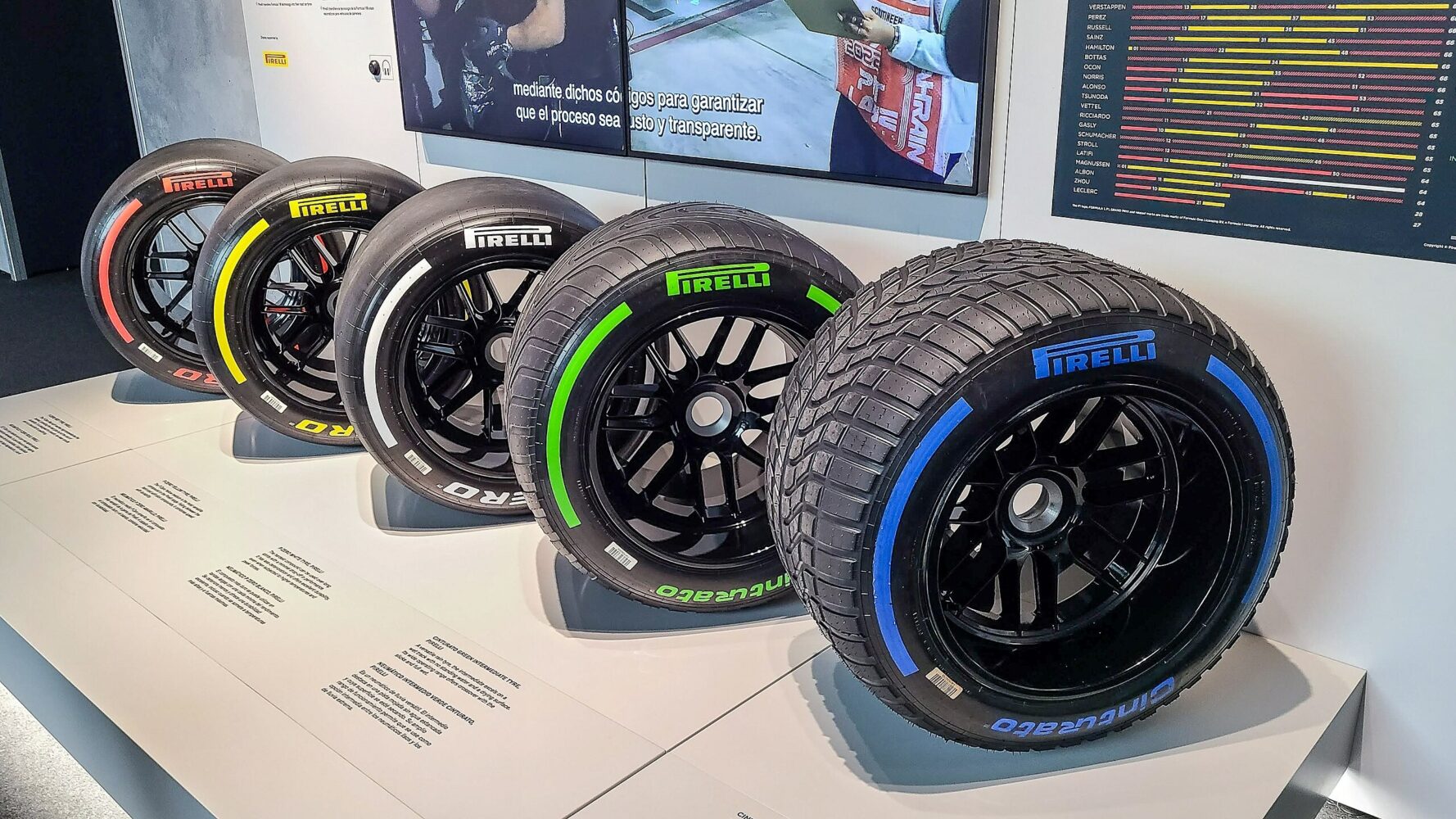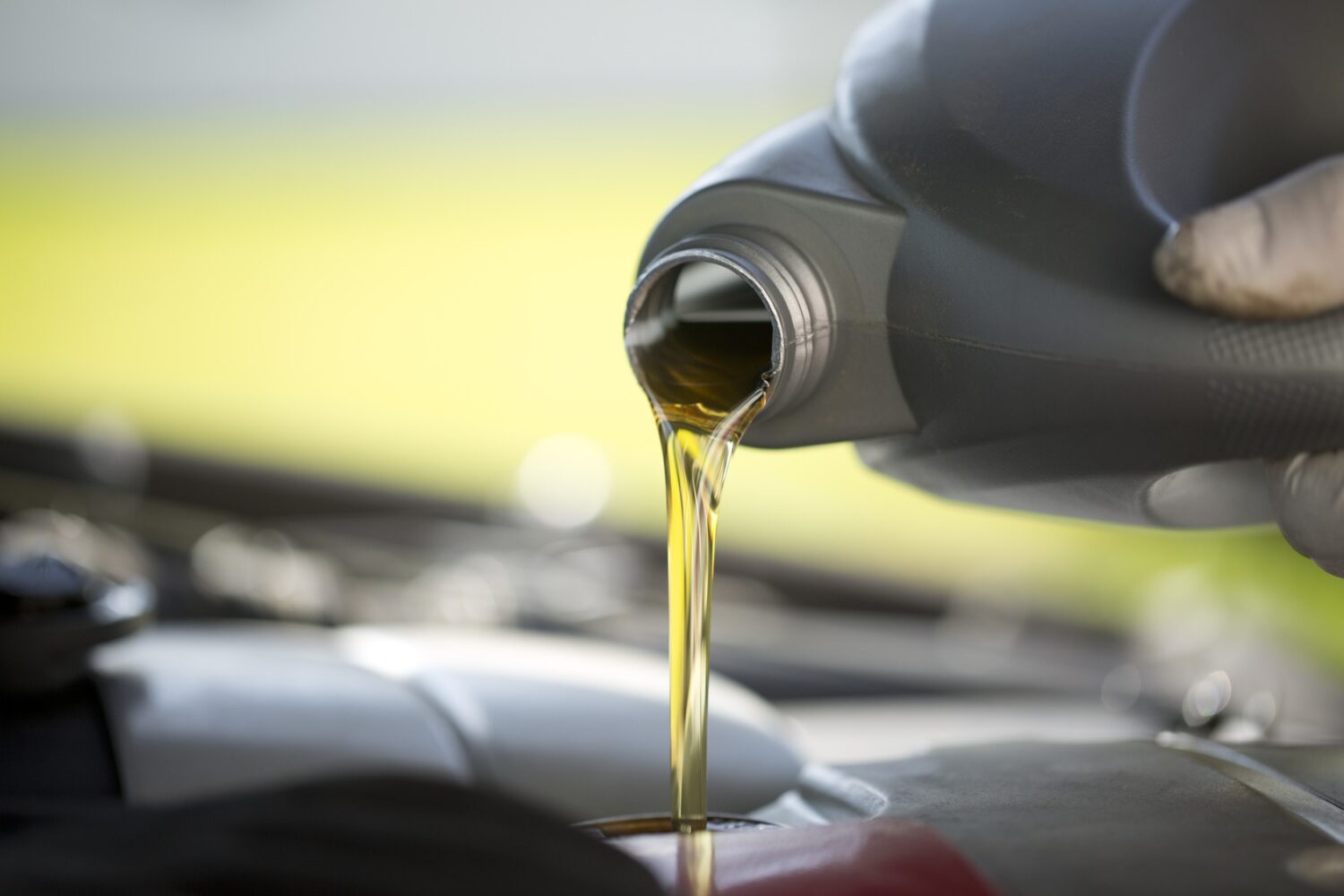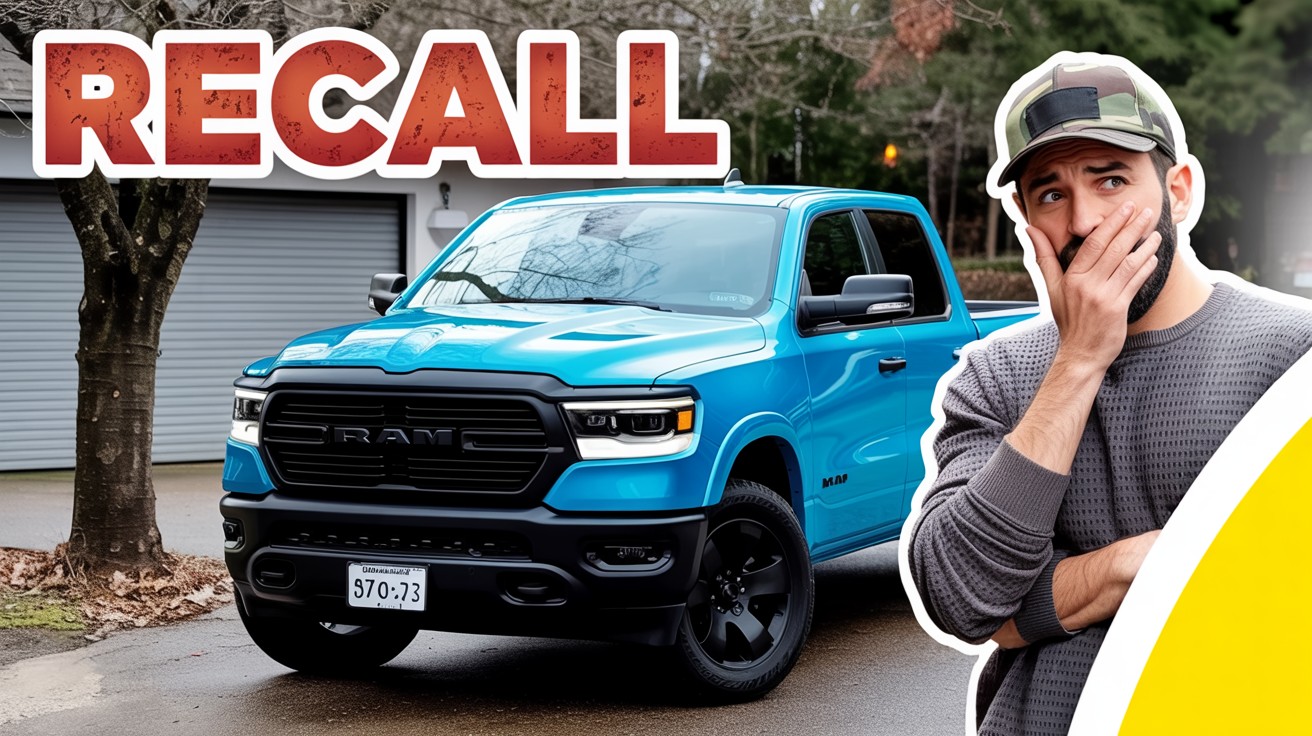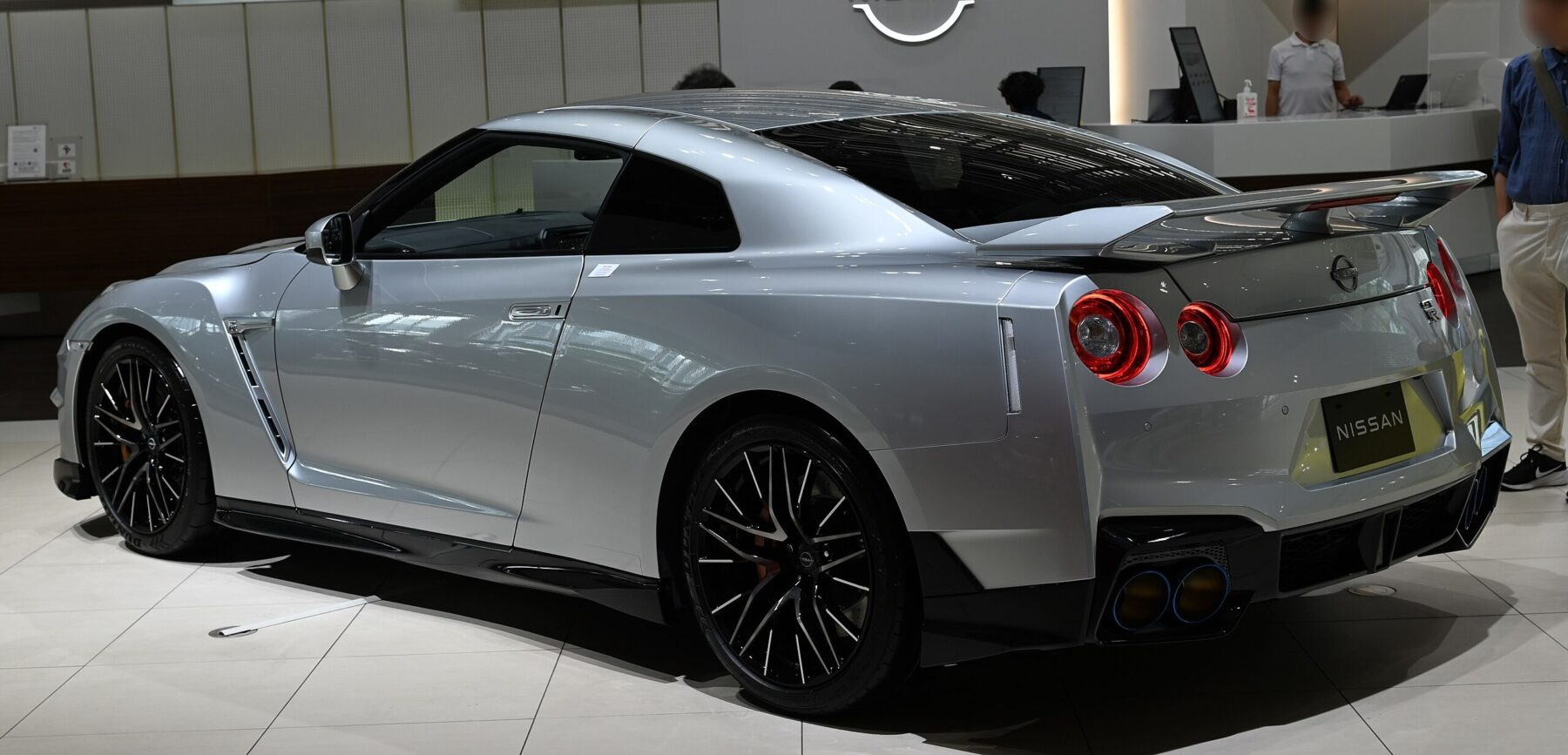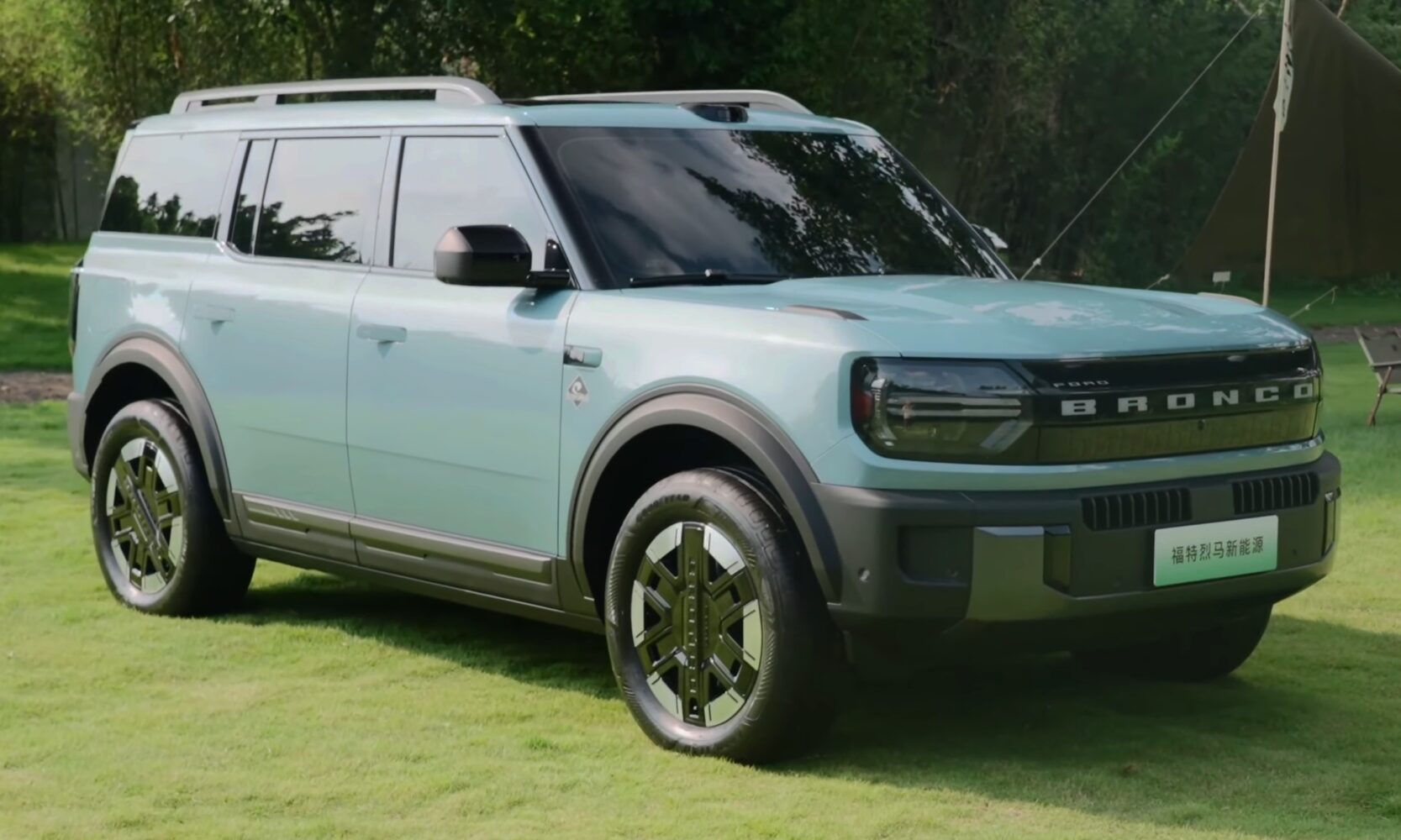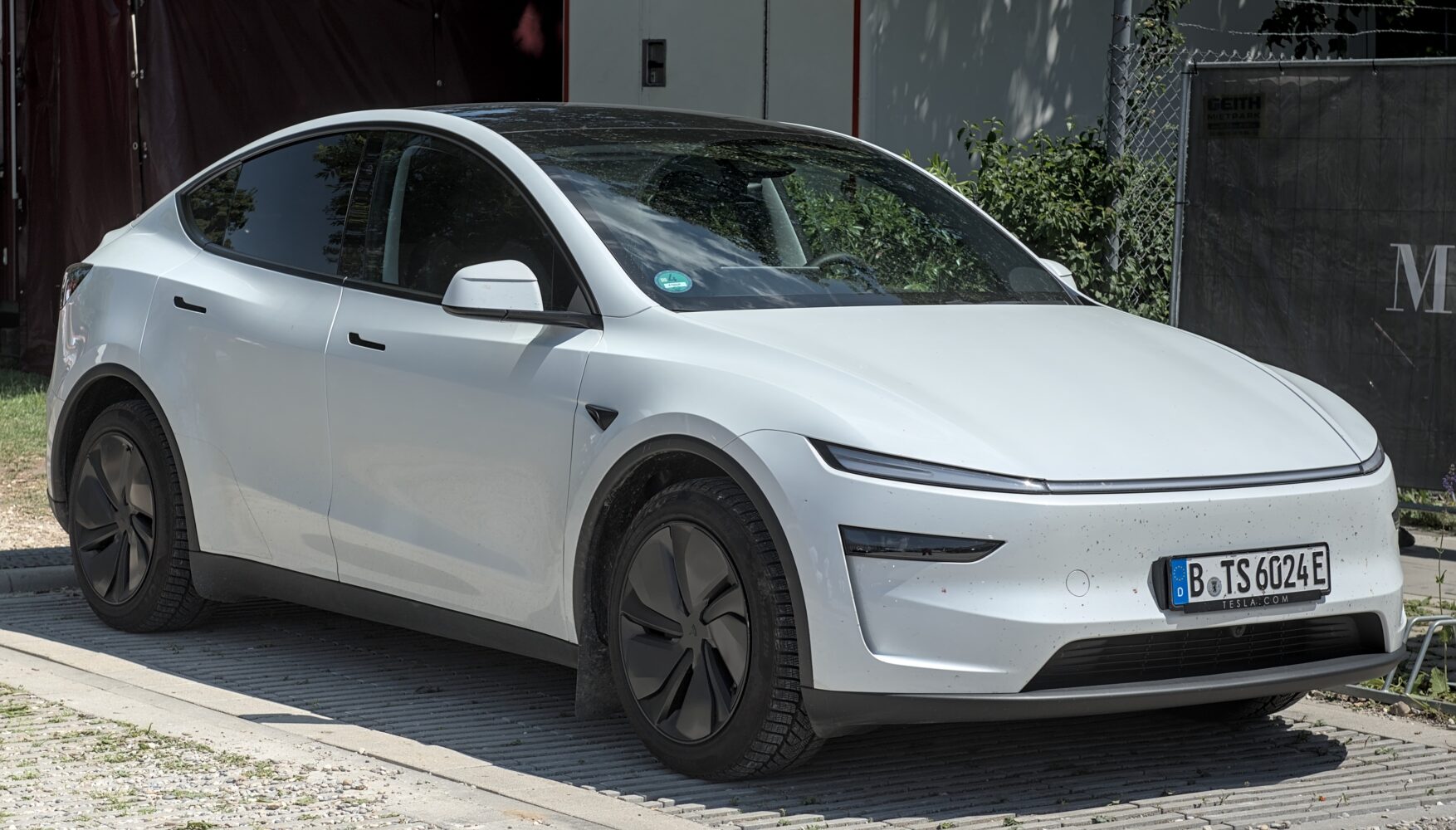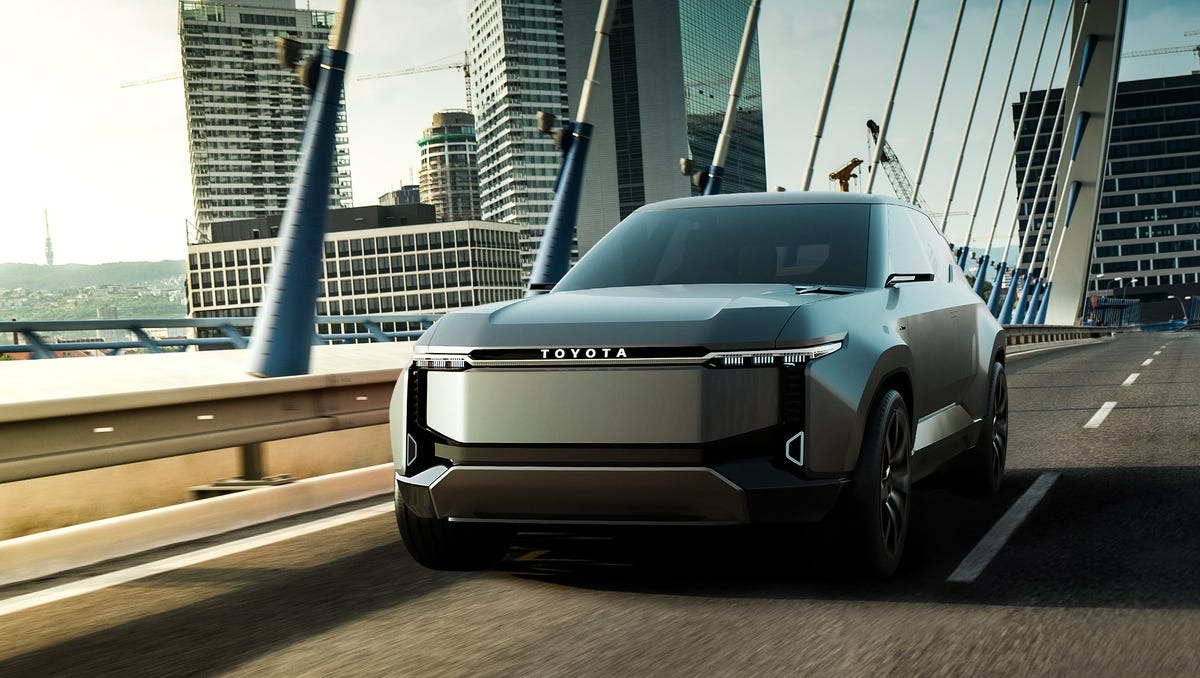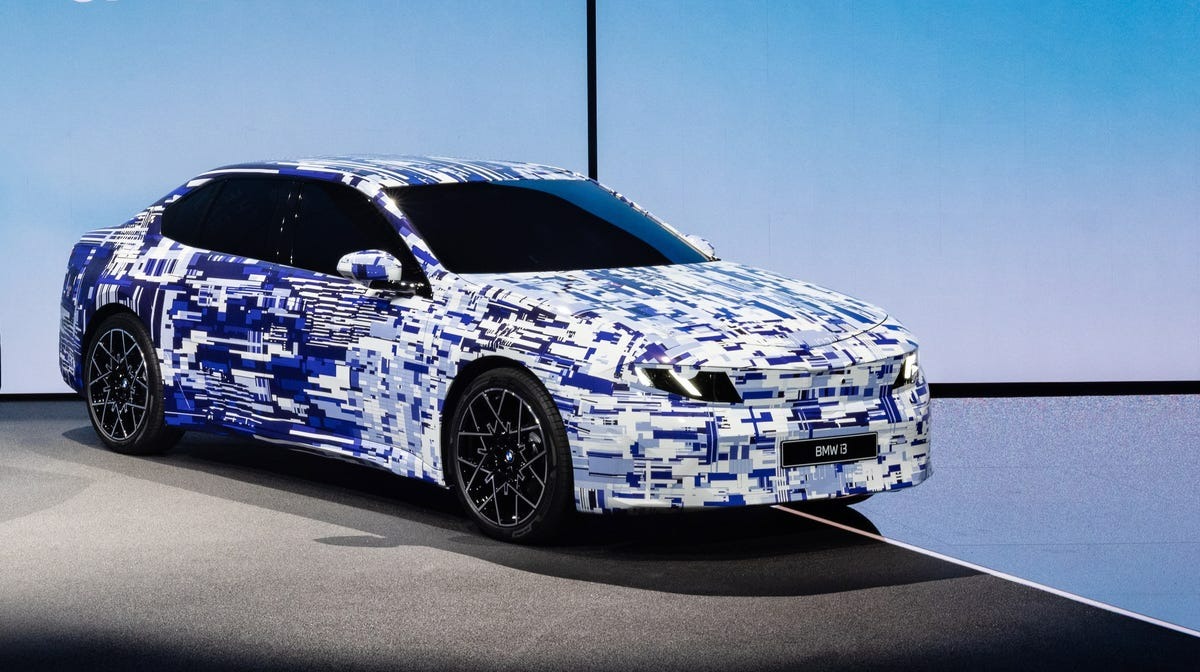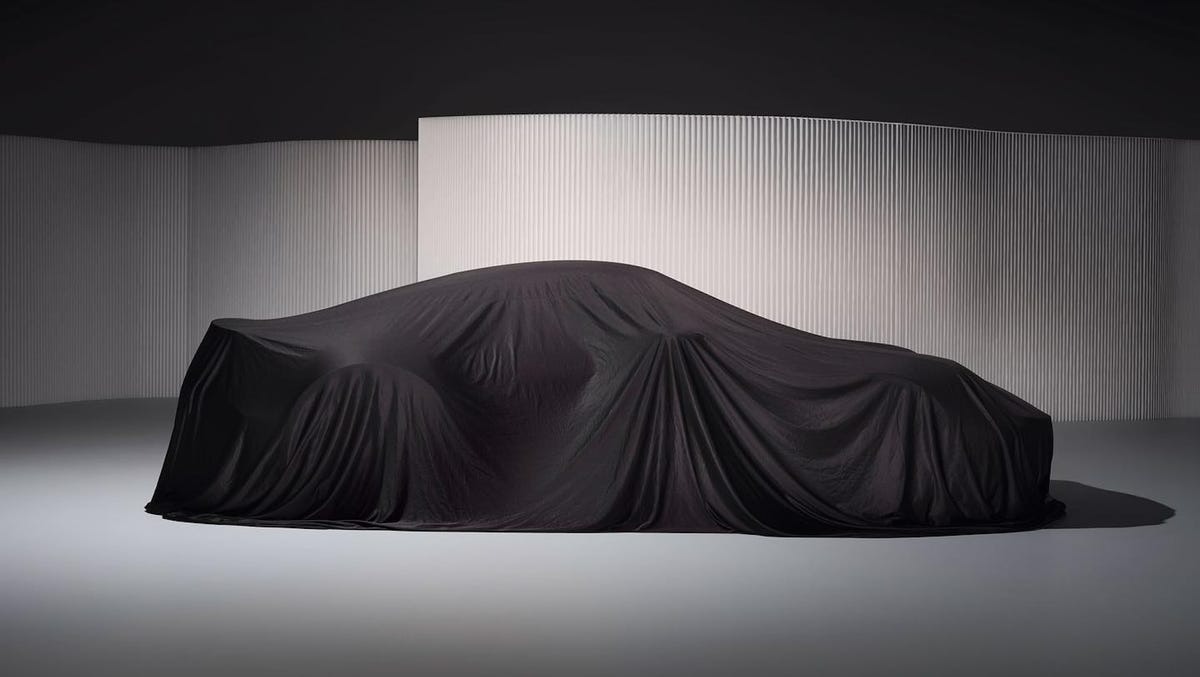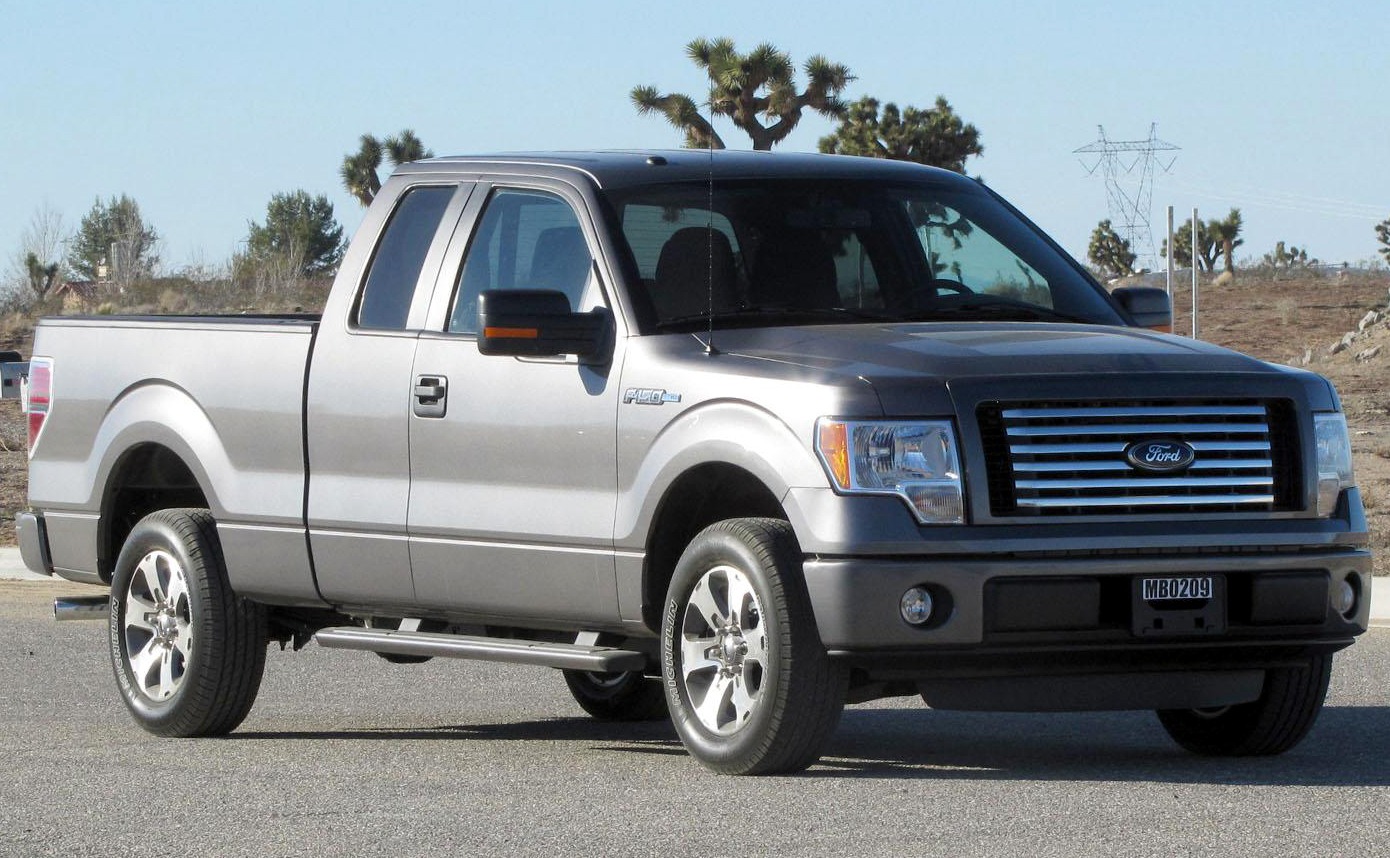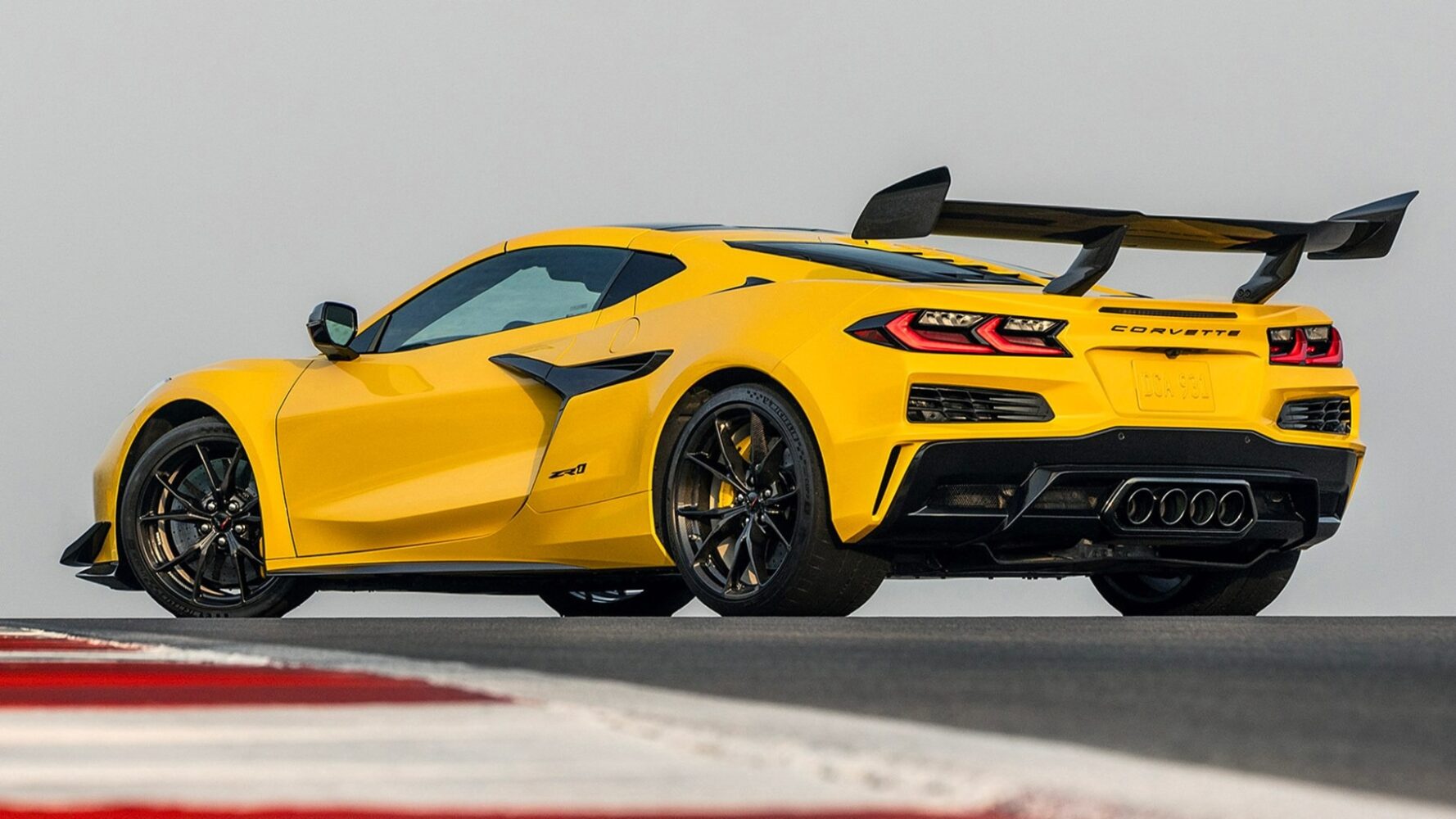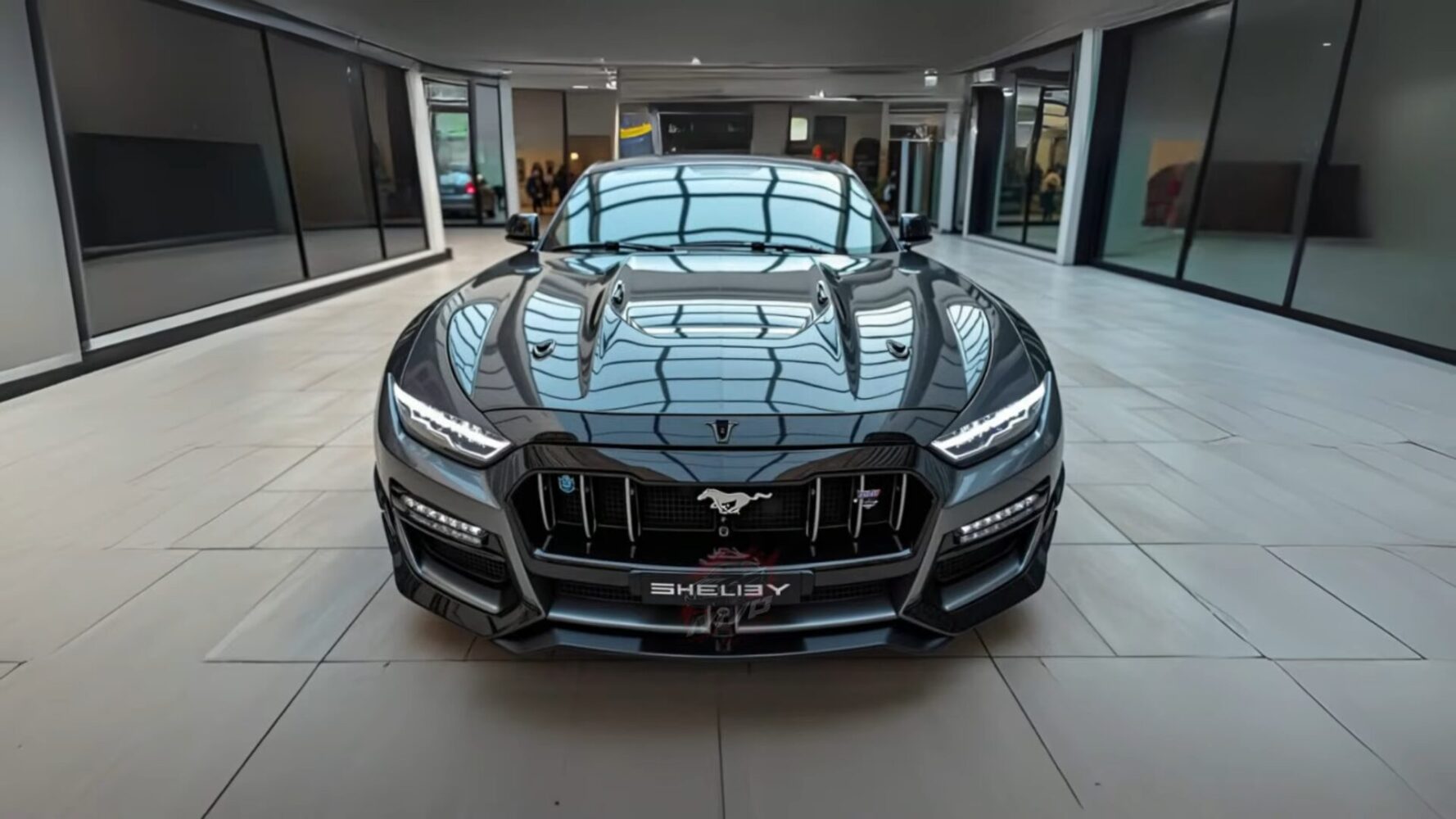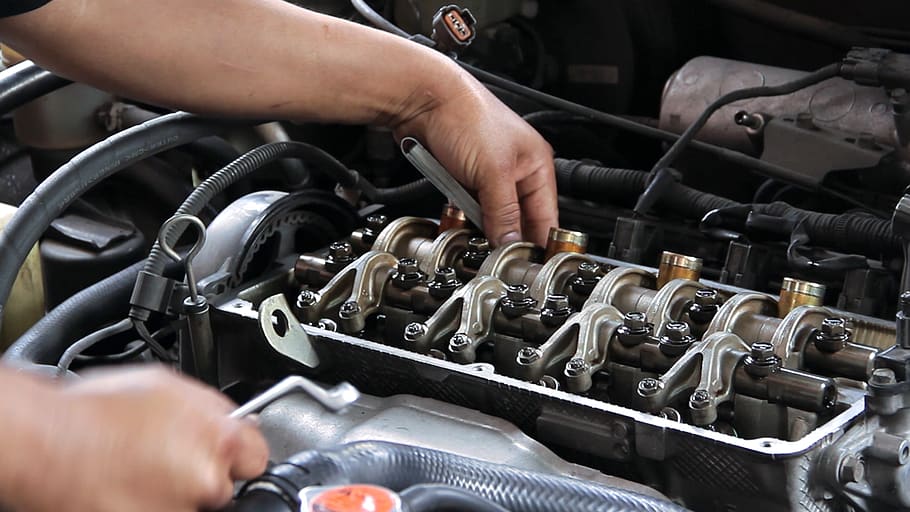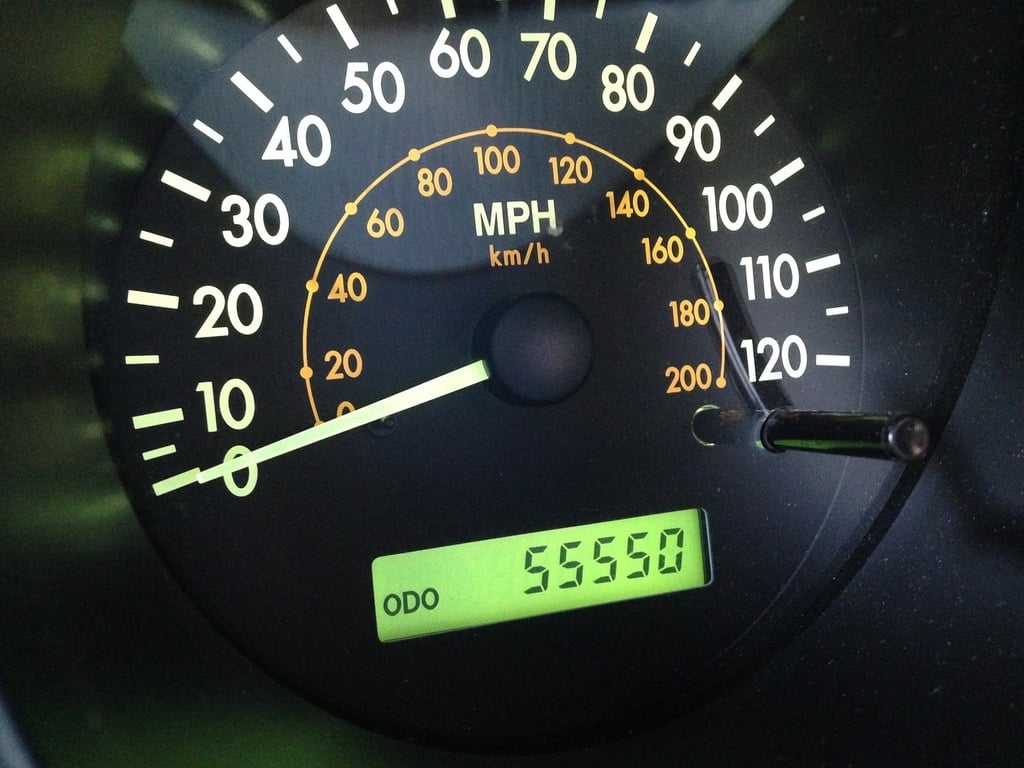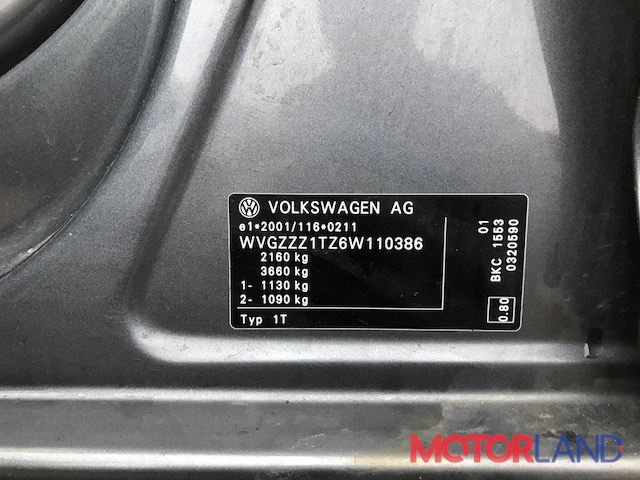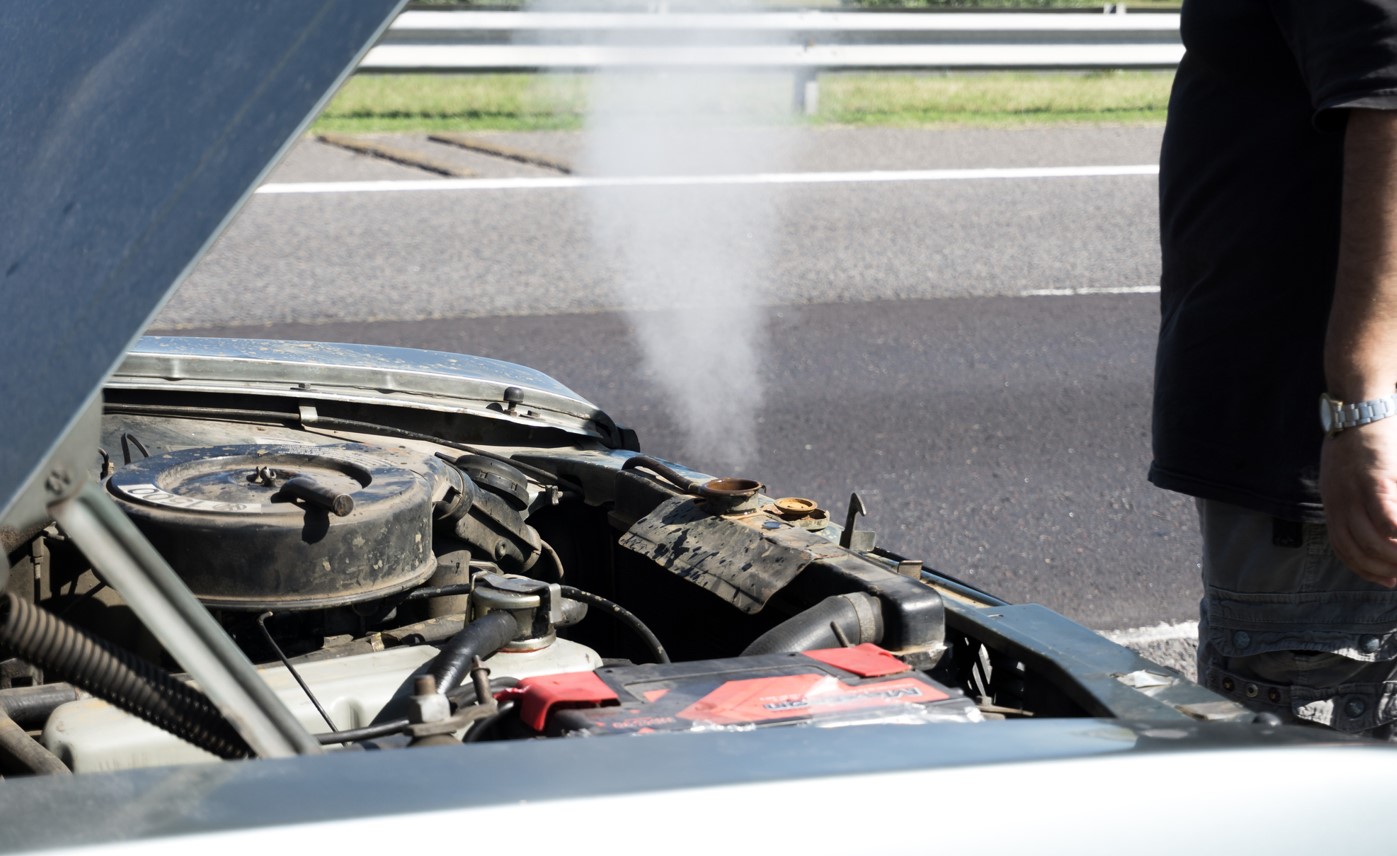A Maserati just hit 198 mph without a human at the wheel. Let that sink in.
The MC20 supercar—normally piloted by flesh and blood with a racing pulse—just set the world record for autonomous production car speed at the Space Florida Launch and Landing Facility.
Ghost Driver, Full Throttle
No driver. No safety net. Just algorithms and mechanical fury unleashing 621 horsepower through a rear-wheel drive chassis that normally tops out at 202 mph with human inputs.
The Italian stallion reached 197.7 mph autonomously—a number so close to its human-driven maximum that it’s frankly unsettling.
This wasn’t some stripped-out prototype, either. It was a production MC20 fitted with autonomous tech developed through a collaboration between Maserati, the Indy Autonomous Challenge, and Politecnico di Milano.
Silicon Beats Carbon
The record-setting run happened at the Kennedy Space Center—a fitting venue for pushing boundaries between human and machine capabilities.
The gap between what professional drivers can extract from a supercar and what AI can accomplish is shrinking rapidly. The MC20’s autonomous run came within 4.3 mph of its maximum human-driven speed.
For perspective, consider the hardware this silicon brain was controlling:
- A 3.0-liter twin-turbo V6 producing 538 lb-ft of torque
- A carbon fiber monocoque chassis weighing just 3,306 pounds
- An 8-speed dual-clutch transmission calibrated for millisecond shifts
The Trident’s Digital Revolution
Maserati—a brand built on racing heritage and emotional driving experiences—just proved autonomous tech isn’t limited to cautious commuter pods.
The achievement raises questions about the future of performance driving. When computers can push cars to their limits without fear, what becomes of the human element?
The MC20’s autonomous speed run doesn’t just break records—it breaks preconceptions about what self-driving technology can achieve.
While enthusiasts might mourn the implications, there’s something undeniably impressive about a machine pushing itself to the ragged edge of physics without human intervention.
The irony isn’t lost: Maserati, a brand that sells driving emotion, just proved cars might not need drivers at all.




